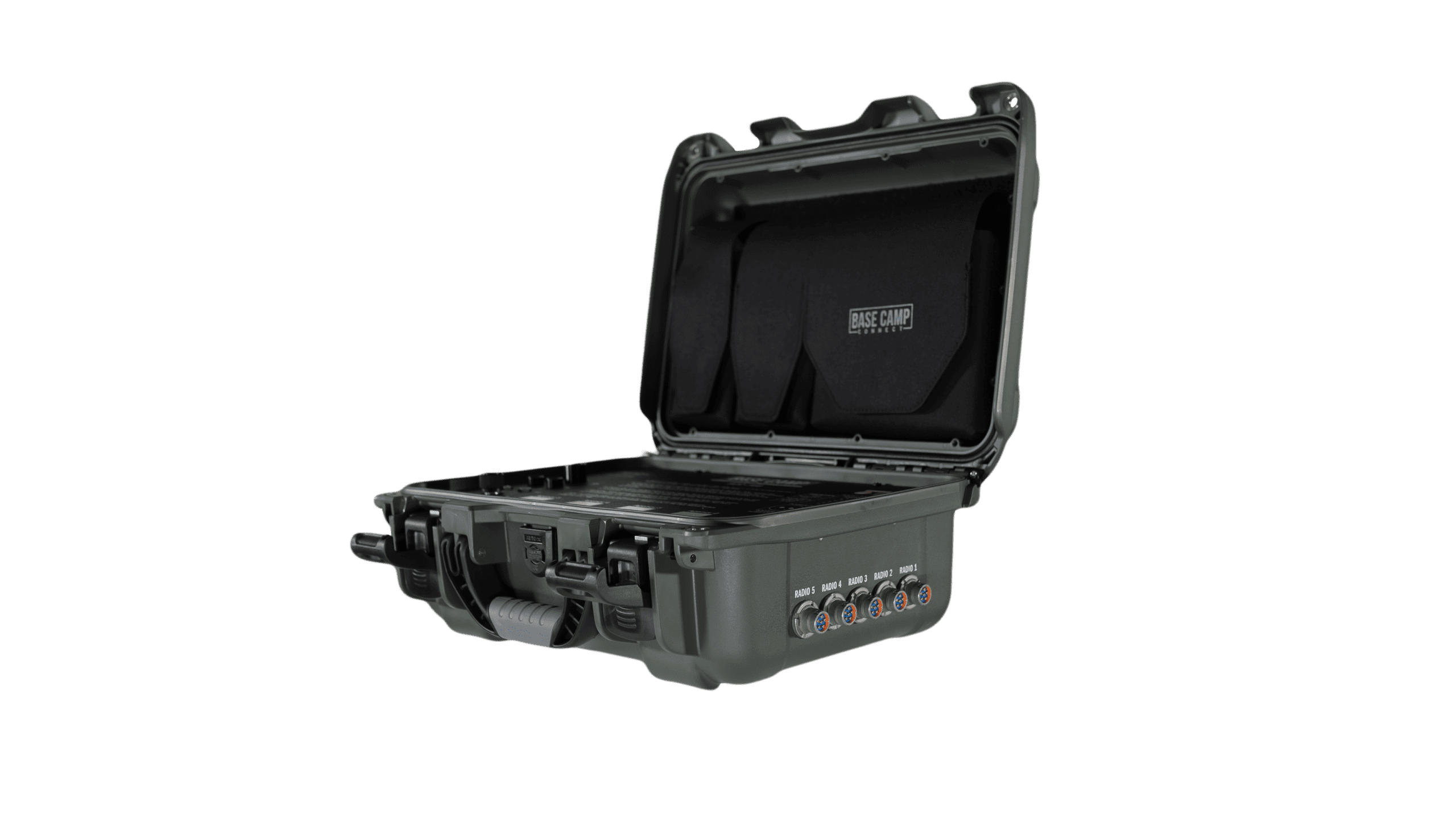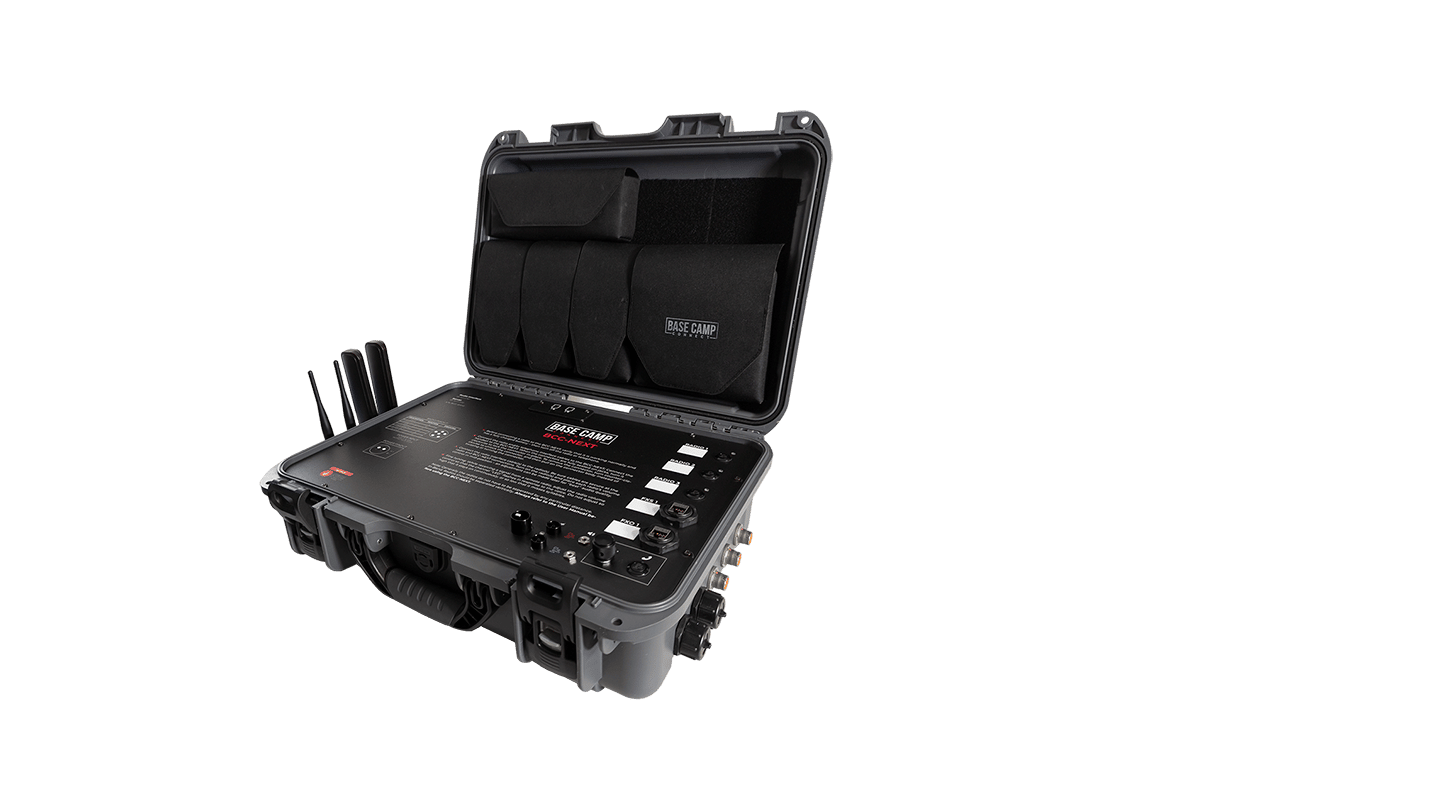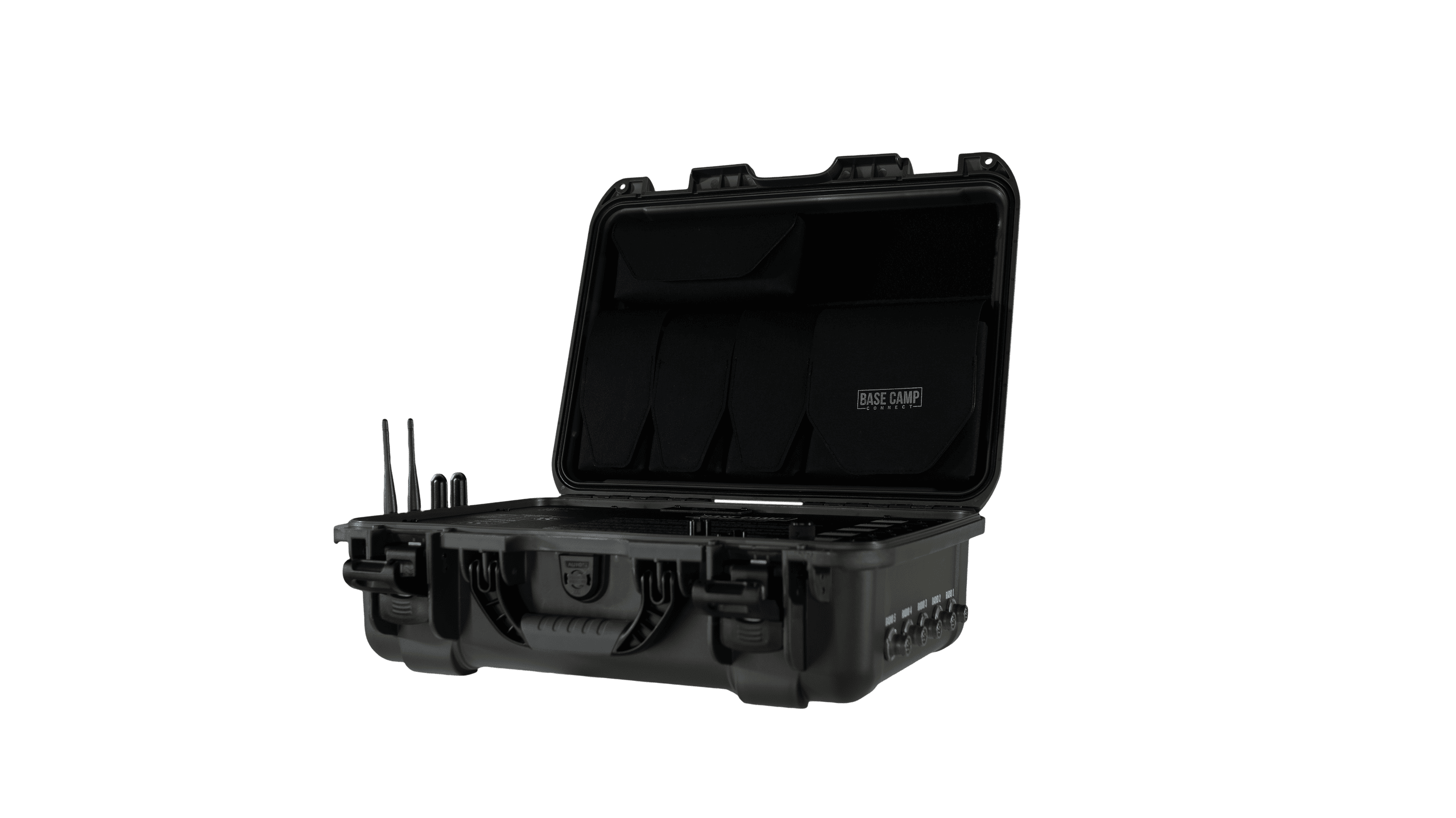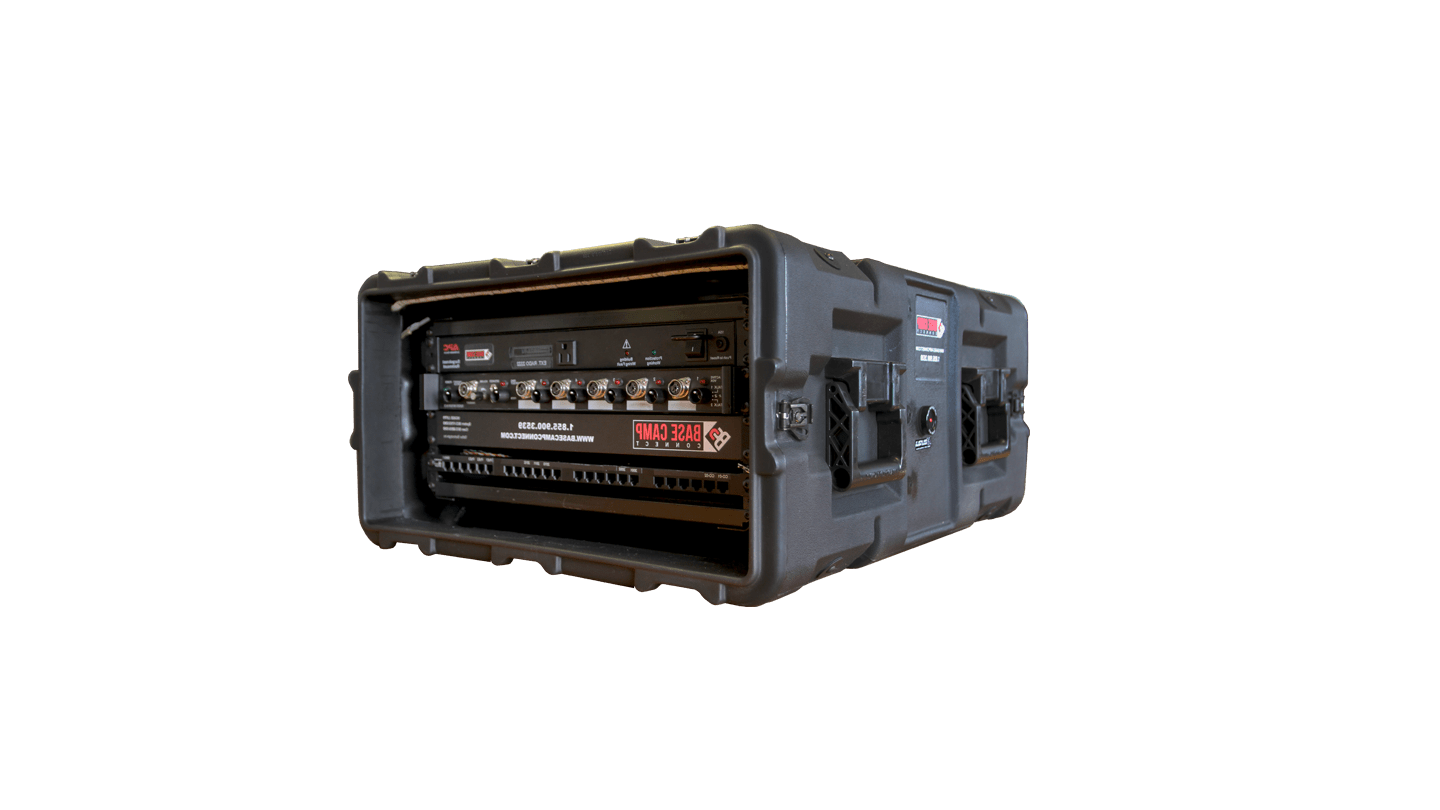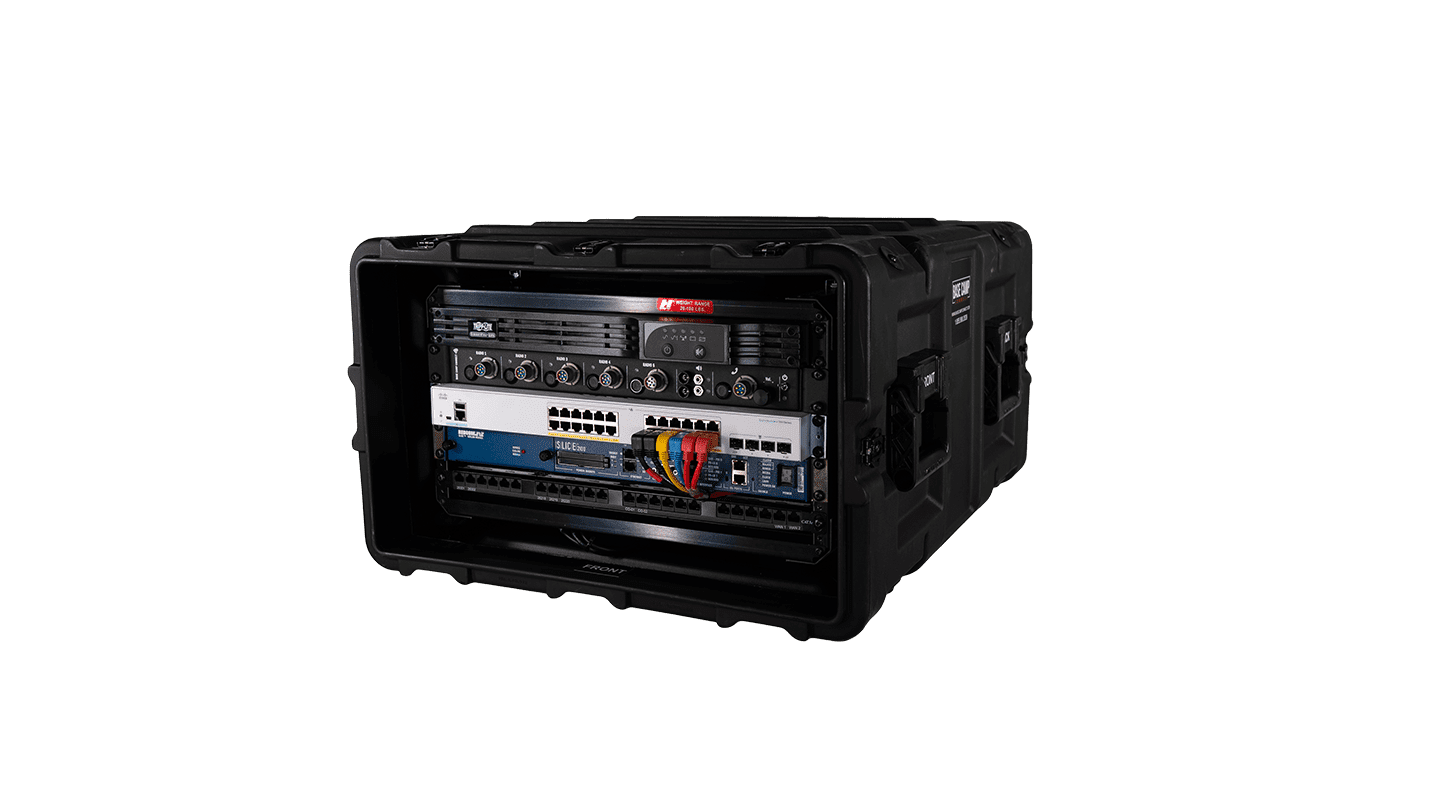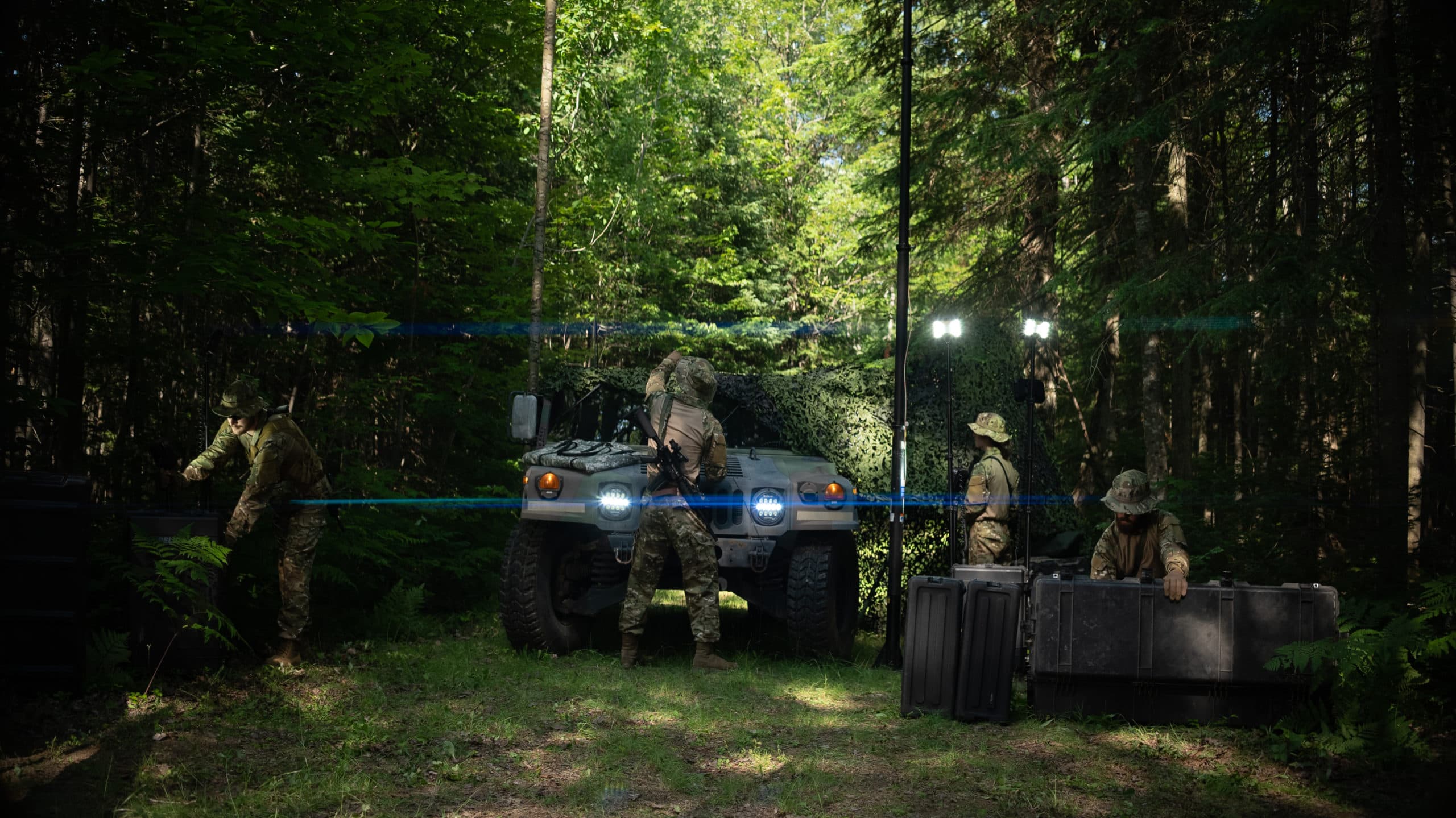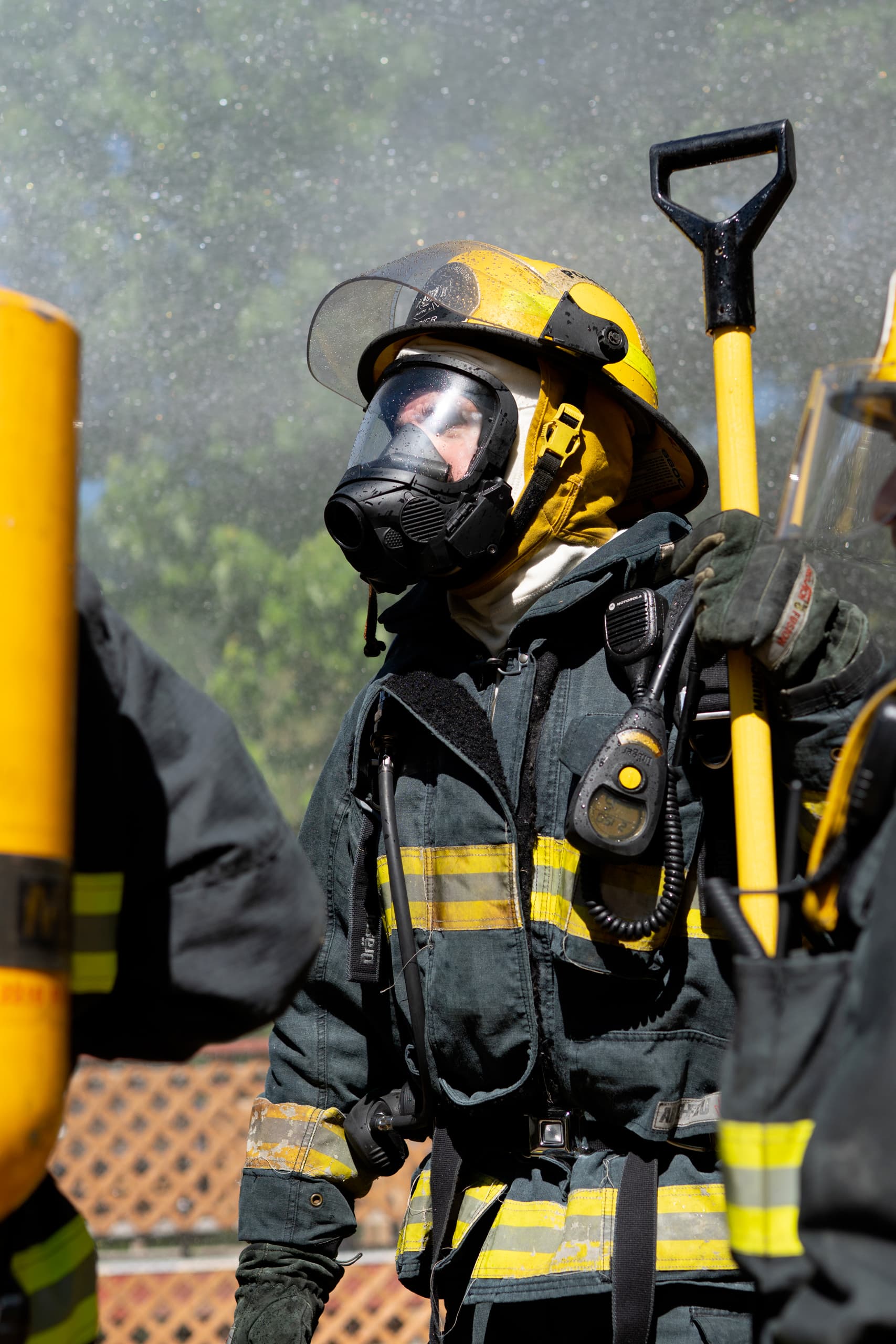In this new series of articles, we interview different public safety professionals to learn more about their challenges, experiences in the field, and invite them to share with us their best tips and tools.
This week, Dakota Duncan share the most challenging crisis situation he has ever managed, how to develop a good emergency plan, and much more!
Dakota Duncan, MPH, CEM, NREMT-P
State Emergency Management Director for Indiana National Guard

Dakota, can you describe us your career path?
I began my career as a cadet firefighter at a local volunteer fire department, being the ambitious and aggressive type that I am I quicly achieved all of my bascic training and became an EMT basic within the department. By the time I was 19 I had already completed a good portion of my college education and continued on to paramedic school at Indiana University school of medicine, all while I was working as a EMT basic and completing hazmat, fire officer, and technical rescue schools. During this time, I also completed two undergrad degrees and began my graduate school. Wanting to get involved in disaster medicine, I joined team Rubicon disaster relief organization and took the opportunities that were available to deploy to disaster scenes, it was there that I got involved in emergency management and quickly rose through the ranks. I served and both command and general positions on major disasters before I was even in my early 20s. Furthermore, because of that opportunity, I did consulting work for the Department of Defense as NIMS/ICS subject matter expert which ultimately lead to my current position leading the state of Indiana military department’s emergency management program. Throughout this career progression, I maintained my paramedic license and my affiliations within the Fire Dept. service and continuied to serve as a course instructor throughout the years. My career progression began in the fire and EMS service and lead to emergency management, I get questioned frequently as to why I made the switch and ultimately I believe emergency management provided more of a challenge to not only rise through the ranks, but to implement changes and policies I believed would better protect and serve the community.
What is the most challenging part of your job?
The most challenging part of my job is working with various senior military and government personnel to collaborate on issues that would traditionally be secluded to one agency or directorare versus a collaborative effort. This difficulty is typically rooted in alpha type personalities and egos, however, my self-study of psychology, influence, and social engineering are definitely large contributors to my success at building these relationships and ultimately progressing the greater good of the program.
In your experience, what is the key to developing a good emergency plan?
I have found that developing a solid plan ultimately depends upon the hazard vulnerability Assessment. Thinking like the bad guy or a disaster, if you will, is the best way to identify and mitigate the vulnerabilities and single points of failure. Thinking outside of the box and being able to take myself out of my role and mentally inject myself as a criminal, terrorist, or event a natural disaster has enabled me to develop and identify hazards that others have missed.
What is the most important quality an emergency management director should have?
I believe to be a true leader in this profession you have to be a self-starter and truly lean towards an executive leader mentality. While other traits are important, if you aren’t willing to go out and build your organization, build relationships, and lead others to do the same, there is no way for you to lead a successful agency or serve as an influencer in the profession.
Can you share the most challenging crisis you had to manage?
One of the most challenging emergency situations I had to manage was a large tornado in a very rural town in the Midwest of the United States. I learned a lot about this particular incident and specifically using volunteers during a disaster.

This was at the beginning height of drones and the idea of civilians flying drones in disaster areas. Fortunately, the civilian who was flying this drone was more than willing to cooperate with the command staff and actually ended up serving as a vital role within our organization to get overhead damage assessments and Ariel photography. One thing I learned that will forever be with me throughout my career is that organized volunteer teams that are trained and capable of using Saws and debris removal equipment can be some of those valuable people in a disaster, additionally if I were to manage the scene over again, I would have integrated these volunteers into the recovery effort’s far sooner than waht we originally did. My biggest recommendation would be to have a cadre of volunteers within your community such as CERT, RACES, etc. team. Having these teams pre-organized and trained will assist in recovery efforts.
Which tools/applications would you recommend to other emergency managers?
I would recommend getting more involved and the technology GIS platforms that are available to map out potential flood projections, weather and storm graphs that could identify future Trajectories, and overlay those maps with your known vulnerable populations within the area. Additionally, if UAVs/drones are becoming an issue in your area as they are in the United States, it would be worth creating an emergency response drone operating cadre of local volunteers that fly regularly. Additionally, many of these organizations already exist as clubs, reaching out to them and getting them integrated into your Mergen see management agency will likely be one of the most valuable assets you could add to your organization and with minimal cost.
As new emergency managers are entering the career or graduating school, what qualities, traits, and skills should they develop to be successful in their career?
I believe new Emergency Managers have to be more diverse now than ever. Being knowledgable in computers and cyber security, financial management, and communications is essential to being successful in emergency management with the advancements and changes occurring throughout the profession. My best advice to a new Emergency Manager would be to choose a specialty within Emergency Management to specialize in such as; Healthcare, Utility/public works, Defense, etc.)
Which publications or blogs do you read?
I follow a lot of Basecamp Connect blogs on LinkedIn to stay current on the emergency management profession? Outside of that I don’t read a lot of blogs, I do read at least 1 or 2 books a week. Most of my reading consist of Leadership and management, real estate investing (my other hobby), and other personal development books.
